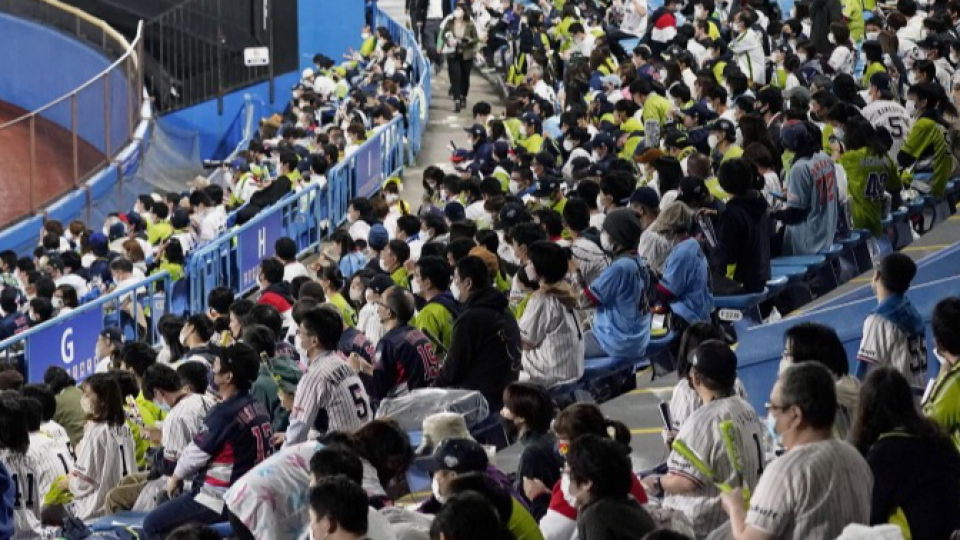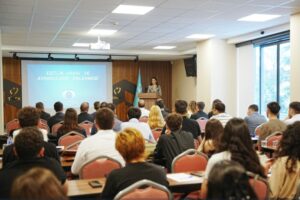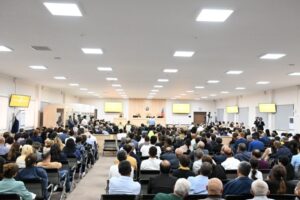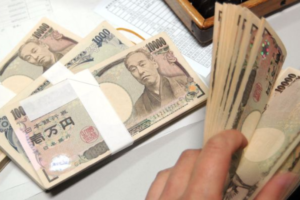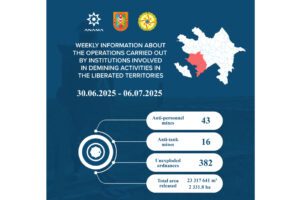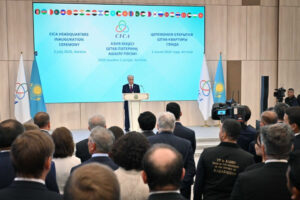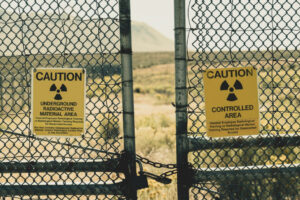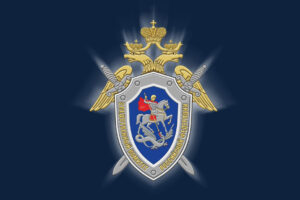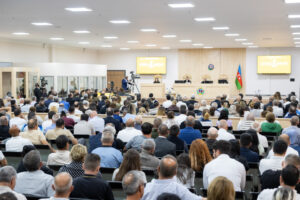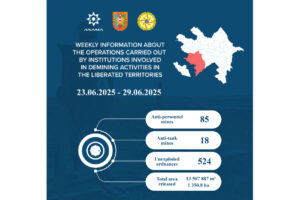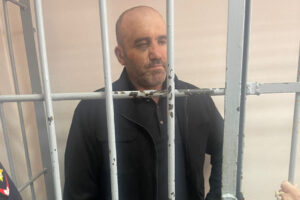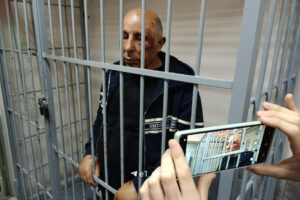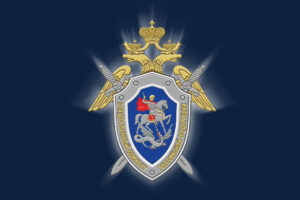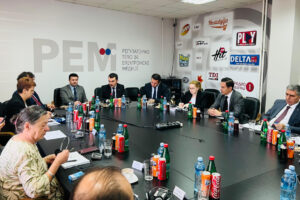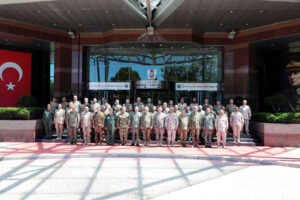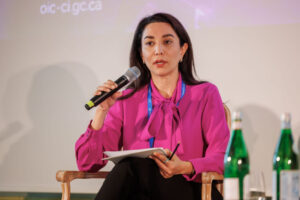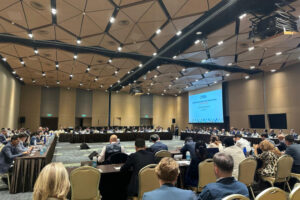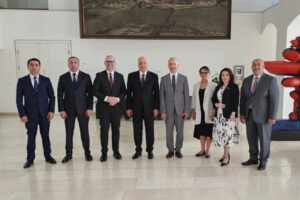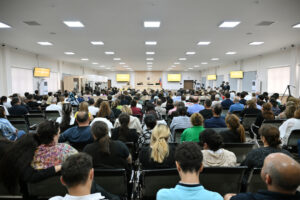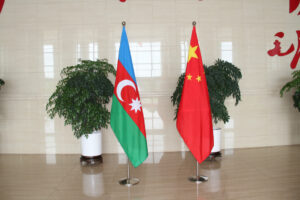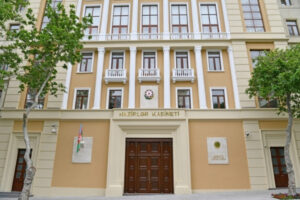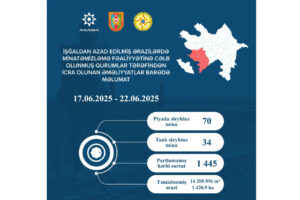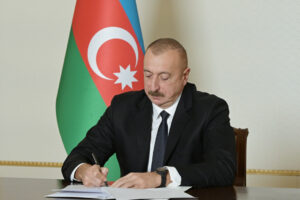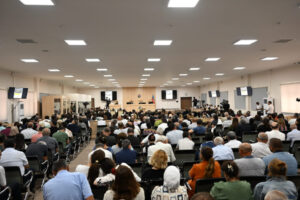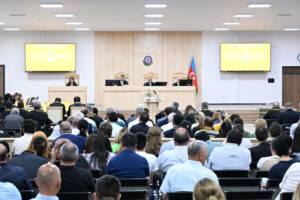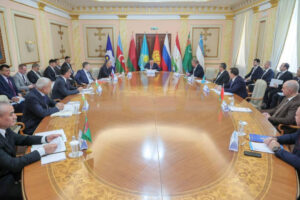Tokyo, 10 March, /AJMEDIA
Opposition’s Yoon wins S. Korea’s close presidential election
SEOUL – Yoon Suk Yeol of the main opposition People Power Party clinched victory in Wednesday’s tight presidential election in South Korea, defeating the ruling Democratic Party’s Lee Jae Myung, according to local media projections.
Yoon’s win will herald a transfer of power from the progressive government of current President Moon Jae In to conservative leadership after five years. The new president will take office on May 10 and serve a single five-year term.
———-
Japan may label Russia as “challenge” in security strategy revision
TOKYO – Japan may designate Russia as a security “challenge” in its national strategy to be revised this year as Moscow invaded Ukraine, in a shift from the government’s stance to seek bilateral cooperation to resolve a territorial dispute, government sources said Wednesday.
The Russian invasion drawn sharp international condemnation, prompting Japan to oppose any unilateral use of force to change the status quo and slap sanctions against Russia, currently identified in the national security strategy as a “partner” with which Tokyo will promote peace and stability in the international community.
———-
Japan to work closely with G-7 after U.S. ban on Russian oil: Kishida
TOKYO – Japan will coordinate closely with the Group of Seven nations and weigh the need to ensure a stable supply of energy and national security before taking punitive steps against Russia following a U.S. ban on Russian oil and other energy imports, Prime Minister Fumio Kishida said Wednesday.
Kishida acknowledged that U.S. President Joe Biden understands other allied nations cannot simply join the United States, a net exporter of energy, in imposing a similar ban to punish Russia for its invasion of Ukraine.
———-
Top U.S. diplomat for East Asia to make 3-day trip to Tokyo
WASHINGTON – Daniel Kritenbrink, the top U.S. diplomat for East Asia, will make a three-day trip to Tokyo from Thursday to discuss further efforts to support Ukraine amid the ongoing attack by Russia, the State Department said.
The assistant secretary of state for East Asian and Pacific affairs will also reaffirm the U.S. commitment to the bilateral alliance amid China’s growing assertiveness in the region, while underscoring the importance of “peace and stability” in the Taiwan Strait, the department said Wednesday.
———-
Japan foreign minister eyes visit to UAE, Turkey to discuss Ukraine
TOKYO – Japanese Foreign Minister Yoshimasa Hayashi plans to visit the United Arab Emirates and Turkey this month, diplomatic sources said Wednesday, as Tokyo steps up diplomacy in the wake of Russia’s intensifying attack on Ukraine.
Hayashi’s three-day trip to the UAE, a major producer of crude oil, and Turkey, which has close ties with both Russia and Ukraine, may start on March 19, according to the sources.
———-
Japan to remove attendance cap at large events as infection slows
TOKYO – Japan is set to remove the current spectator attendance limit for large-scale events as the spread of coronavirus infections slows, government officials familiar with the plan said Wednesday.
Under a quasi-state of emergency, now in place in Tokyo and 17 prefectures until March 21, a maximum of 20,000 people are allowed to participate in such events as long as they wear face masks and do not speak loudly.
———-
China vows to continue buying energy from Russia amid Ukraine crisis
BEIJING – China on Wednesday expressed its intention to continue buying crude oil and natural gas from Russia, a day after the United States decided to ban Russian oil and other energy imports over Moscow’s invasion of Ukraine.
Punitive sanctions on Russia will “further aggravate division and confrontation,” Chinese Foreign Ministry spokesman Zhao Lijian told reporters, adding Beijing and Moscow “have always maintained good energy cooperation.”
———-
Japan’s imported wheat price to hit 14-yr high amid Ukraine crisis
TOKYO – Japan’s farm ministry said Wednesday it will raise the average price at which it sells imported wheat to the country’s milling companies by 17.3 percent from April, nearing a 14-year high, as Russia’s invasion of Ukraine stokes fears of global supply disruptions.
The average price of five major wheat brands will be 72,530 yen ($626) per ton in the April-September period, the second-highest level since the current calculation methods were adopted in 2007, following 76,030 yen marked in the six months from October 2008, according to the ministry.

